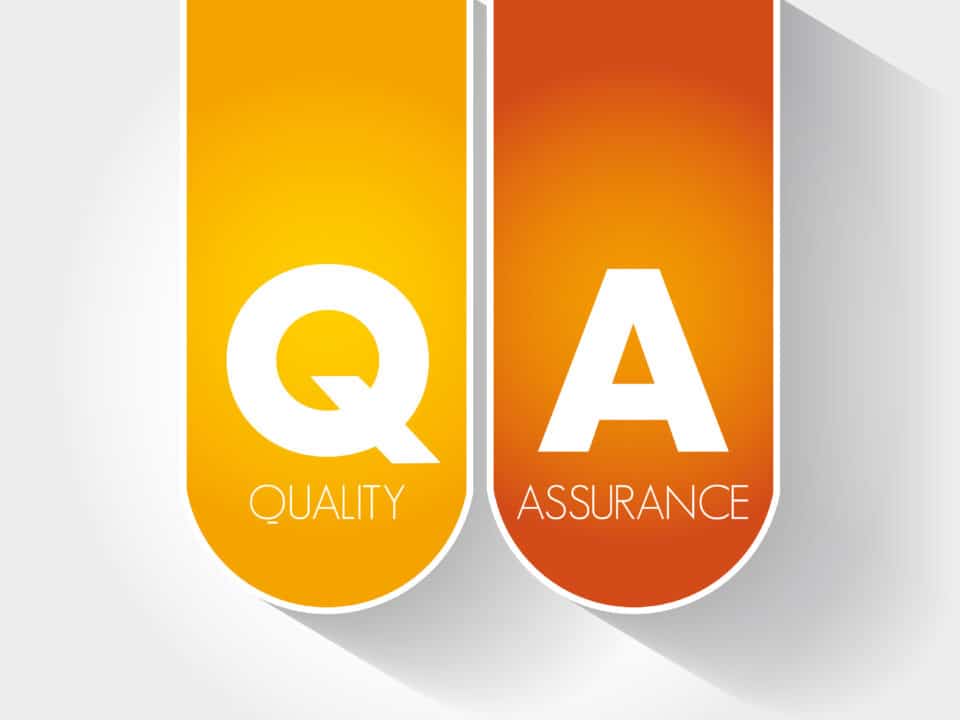Learn the importance of patient consent with AI scribes in healthcare. Explore legal, ethical considerations, and best practices. Contact Athreon for a free trial!and elderly female patient sitting at exam couch of modern medical center and diagnose disease. Young specialist writing instruction for taking medication correctly.
Patient Consent and AI Scribes
Integrating AI technology in healthcare has revolutionized the industry, offering unprecedented accuracy and efficiency in medical documentation. One such innovation is the AI scribe, which has significantly reduced the administrative load on clinicians, empowering them to focus better on patient care. However, with the increasing use of AI in healthcare, ensuring patient consent has become more critical than ever. This blog explores the importance of patient consent in the context of AI scribes, delving into legal and ethical factors and best practices for obtaining informed consent.
Understanding AI Scribes
Definition and Functionality
AI scribes are advanced digital tools designed to assist healthcare providers by automatically transcribing patient encounters into electronic health records (EHRs). These AI-driven solutions leverage natural language processing (NLP) and machine learning algorithms to transform spoken dialogue into structured medical documentation. AI scribes can capture real-time conversations between doctors and patients, ensuring accurate and comprehensive records.
Benefits of AI Scribes
The primary advantage of AI scribes is their ability to strengthen the efficiency and precision of medical documentation. By automating the transcription process, AI scribes reduce healthcare providers’ time on administrative tasks, allowing them to dedicate more time to patient care. Additionally, AI scribes help minimize errors in medical records, contributing to better patient outcomes and improved overall healthcare quality.
The Importance of Patient Consent
Legal Requirements
Informed consent is a fundamental legal matter in healthcare, ensuring that patients are fully aware of and agree to the procedures and technologies used in their care. Regulations like the Health Insurance Portability and Accountability Act (HIPAA) mandate strict guidelines for obtaining and documenting patient consent. Failure to comply with these mandates can result in severe penalties for healthcare providers, including fines and legal action.
Ethical Considerations
Beyond legal obligations, there are significant ethical considerations surrounding patient consent. Healthcare providers have a moral duty to respect patient autonomy and ensure transparency in the use of AI technology. Healthcare providers must inform patients how their data will be used, stored, and protected. This transparency helps foster trust between patients and healthcare providers, fostering a positive relationship and ensuring that patients feel comfortable with the use of AI scribes in their care.
Challenges in Obtaining Patient Consent
Complexity of AI Technology
One of the primary challenges in obtaining patient consent for AI scribes is the complexity of the technology. As of this writing, many patients may need help understanding how AI scribes work or the extent of their capabilities. Healthcare centers must break down these complexities into simple, understandable language to ensure patients can make informed decisions.
Privacy Concerns
Privacy concerns are another significant barrier to obtaining patient consent. Patients may fear that their sensitive health information could be compromised or misused. Addressing these concerns requires healthcare providers to implement robust data security measures and communicate these protections to patients. Ensuring patients understand how the medical facility will keep their data confidential and secure is essential in gaining their trust and consent.
Best Practices for Ensuring Informed Consent
Clear Communication
Effective communication is critical to obtaining informed consent. Healthcare providers should use simple, non-technical language to explain how AI scribes work and the benefits they offer. Providing detailed information about data usage, storage, and protection helps patients make informed decisions. Additionally, healthcare providers should be prepared to answer patients’ questions about AI scribes and their impact on patient care. Likewise, clinicians should have a backup charting solution (like speech recognition or a dictation service) for patients who refuse to involve an AI scribe.
Documentation and Record-Keeping
Proper documentation of patient consent is crucial. Consent forms should be comprehensive, covering all aspects of AI scribe usage, data handling, and patient rights. Management should regularly update these forms to reflect any advancements in AI technology or regulatory changes. Keeping accurate records of patient consent ensures that healthcare providers can demonstrate compliance with legal and ethical standards.
Ongoing Patient Education
Continual education is essential for maintaining informed consent. Healthcare providers should offer ongoing education about AI scribes and their role in patient care. This education can take the form of informational pamphlets, videos, or in-person discussions. Addressing patient questions and concerns promptly and thoroughly helps maintain trust and ensures patients remain informed about the technologies used in their care.

AI Scribe Deployments
Successful Implementation
Many healthcare providers have successfully implemented AI scribes while effectively obtaining patient consent. For instance, a leading teaching hospital introduced Athreon’s AxiScribe AI to streamline its documentation process. By providing clear and detailed information to patients about the technology and its benefits, it gained widespread patient consent. This implementation improved documentation accuracy and enhanced patient satisfaction and trust.
Implementation Challenges
Not all AI scribe implementations are without challenges. Sometimes, healthcare providers face resistance from patients who are concerned or confused about privacy and data security. Addressing these challenges requires transparent communication and robust data protection measures. By continuously engaging with patients and addressing their concerns, healthcare providers successfully overcome these obstacles and integrate AI scribes into their practices.
The Future of Patient Consent and AI Scribes
Evolving Legal and Ethical Standards
As AI technology matures, so will the legal and ethical standards governing its use. Healthcare providers must stay informed about changes in regulations and ethical guidelines to ensure ongoing compliance. Engaging in continuous ethical discourse and seeking guidance from legal experts can help navigate these evolving standards.
Technological Advancements
Future advancements in AI technology will likely further impact patient consent processes. For example, AI could facilitate more efficient and effective consent procedures through automated consent forms and real-time data protection audits. As technology advances, healthcare providers must adapt their consent practices to remain compliant and ethical.
Athreon and AxiScribe AI
At Athreon, we understand the importance of patient consent in integrating AI technology into healthcare. Our AxiScribe AI solution is designed with patient privacy and security at its core. It offers unparalleled accuracy and efficiency in medical documentation, leveraging advanced AI technology to support healthcare providers. We prioritize transparency and patient education, ensuring patients are fully informed about how their data is used and protected.
Our pledge to ethical practices and regulatory compliance makes Athreon a trusted partner in the healthcare industry. By choosing AxiScribe AI, healthcare providers can enhance their documentation processes while maintaining the highest standards of patient consent and data security.
Request a Free Consultation
For those looking to enhance their documentation processes with cutting-edge technology, Athreon offers a no-obligation consultation, including a demo and free trial of our AxiScribe AI solution.
Experience firsthand how AxiScribe AI can improve accuracy, efficiency, and patient satisfaction while maintaining the highest data security and compliance standards. Contact us today to schedule your consultation and discover the benefits of partnering with Athreon for your medical documentation needs.







